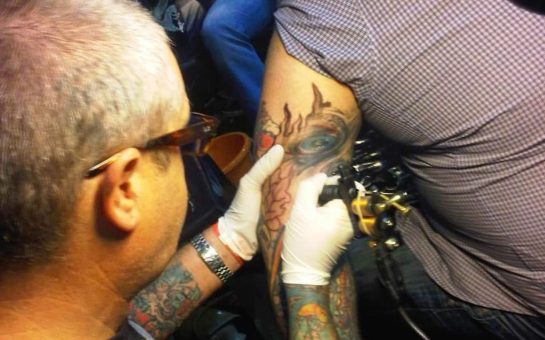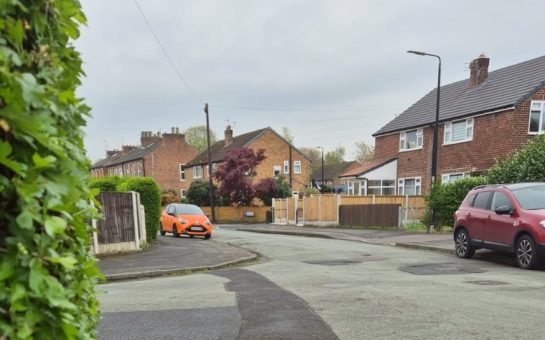Heroin users are more likely to be murdered than non-drug users and the risk increases with age – while Manchester remains a hotspot for ‘entrenched’ users of the drug.
Older users of opioids (pain-relieving drugs) such as heroin are 27 times more likely to become a victim of homicide than the general population, according to a University of Manchester study.
Researchers looked at records of 198,247 opioid (pain relieving dusers in England who had been involved in drug treatment or the criminal justice system between 2005-2009, with the data recording 3,974 deaths and their causes.
Opioid users were six times more likely to die prematurely than someone in the general population, and almost one in ten of these deaths were due to suicide, more than four times the rate in the general population.
The oldest age category, 45-64, was where murder was most common.
Doctor Tim Millar, who led the study, told MM: “We expected to find that this [opioid using] group was more likely to be the victim of homicide. That is highly plausible.
“But we were staggered to see the extent to which it was elevated and how the comparative risk increased with age.
“In the general population, most people are at risk in younger ages, but in this group there’s a persistent risk.
“When you compare them to the general population their comparative risk goes up as they get older. Basically, their absolute risk stays about the same as they get older. I think it is very surprising.”
The study is the first to record age trends in opioid users’ mortality and the results demonstrate that many health inequalities between users and the general population widen with age.
The most common cause of death was drug poisoning, and the risk of this also increased as users got older.
“In the UK, we are seeing the large number of people who became users during the 80s and 90s getting older,” Dr Millar said.
“As these users get older, the health gap between them and the wider public increases, so much more work is needed to develop specific programmes which focus on treating and informing this.”
“It is apparent that older users of opioids are one of the most vulnerable groups in society, yet most treatment programmes don’t differentiate by age.”
Dr Millar could not give an opinion about whether drug decriminalisation would help matters with regard to reducing the homicide rate, but said Manchester was one of the most affected areas in the country.
“Manchester was one of the earliest areas where we saw a substantial uptake of heroin in the 1980s,” he said.
“The city probably has an older profile in the heroin-using population than many other areas in England.
“Ideally, we would be able to enable these people to leave that drug-using lifestyle, but I guess we have to acknowledge that for many of them their drug use is incredibly well entrenched and that’s going to be difficult.
“The best thing we can do is offer them treatment that minimises the risks that they incur as users.”
The research, entitled ‘National record linkage study of mortality for a large cohort of opioid users ascertained by drug treatment or criminal justice sources in England, 2005–2009’, was published in the Journal of Drug and Alcohol Dependence.
Image courtesy of Dimitris Kalogeropoylos, with thanks



